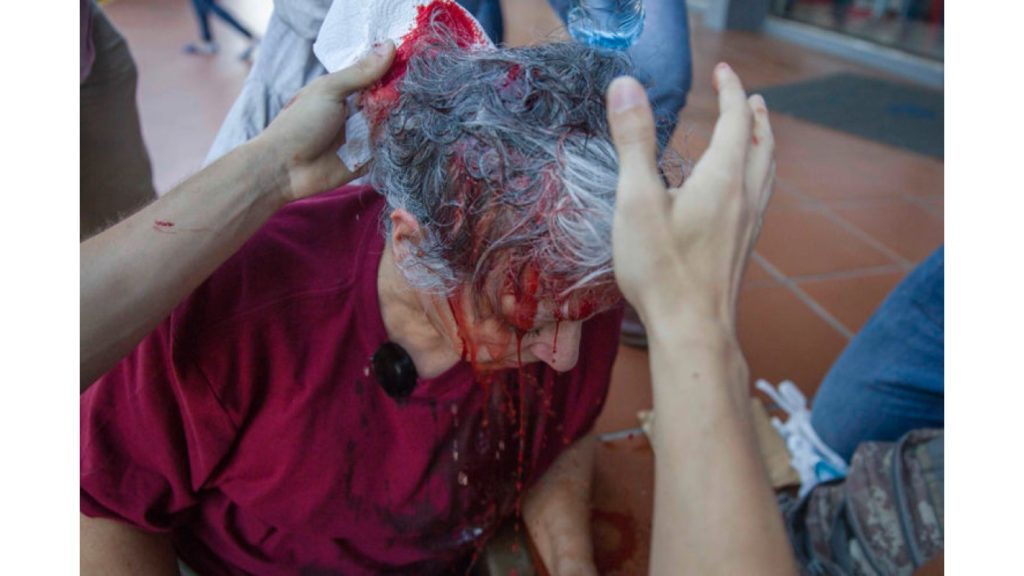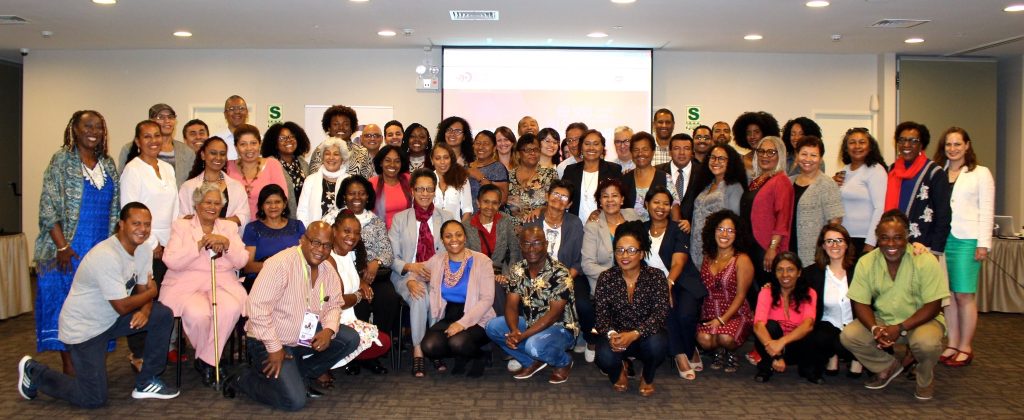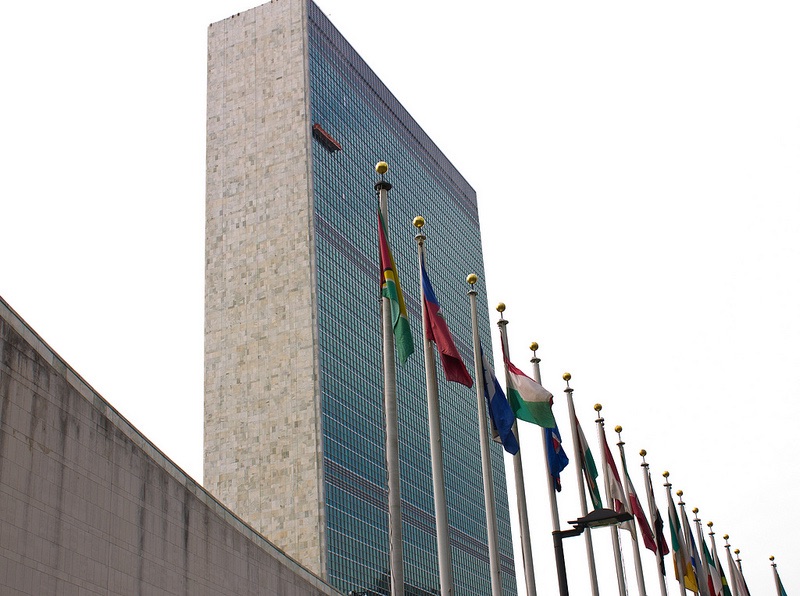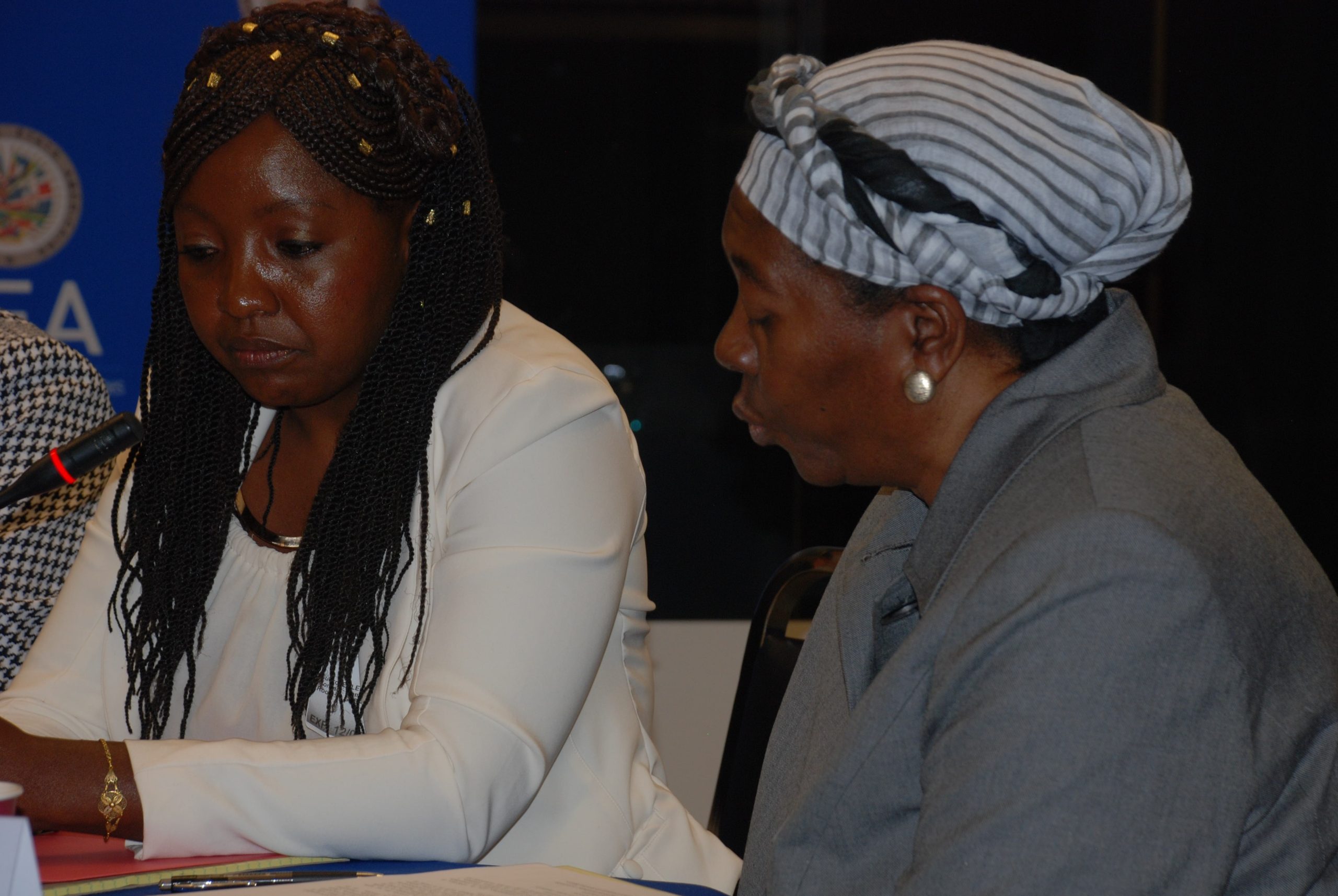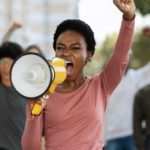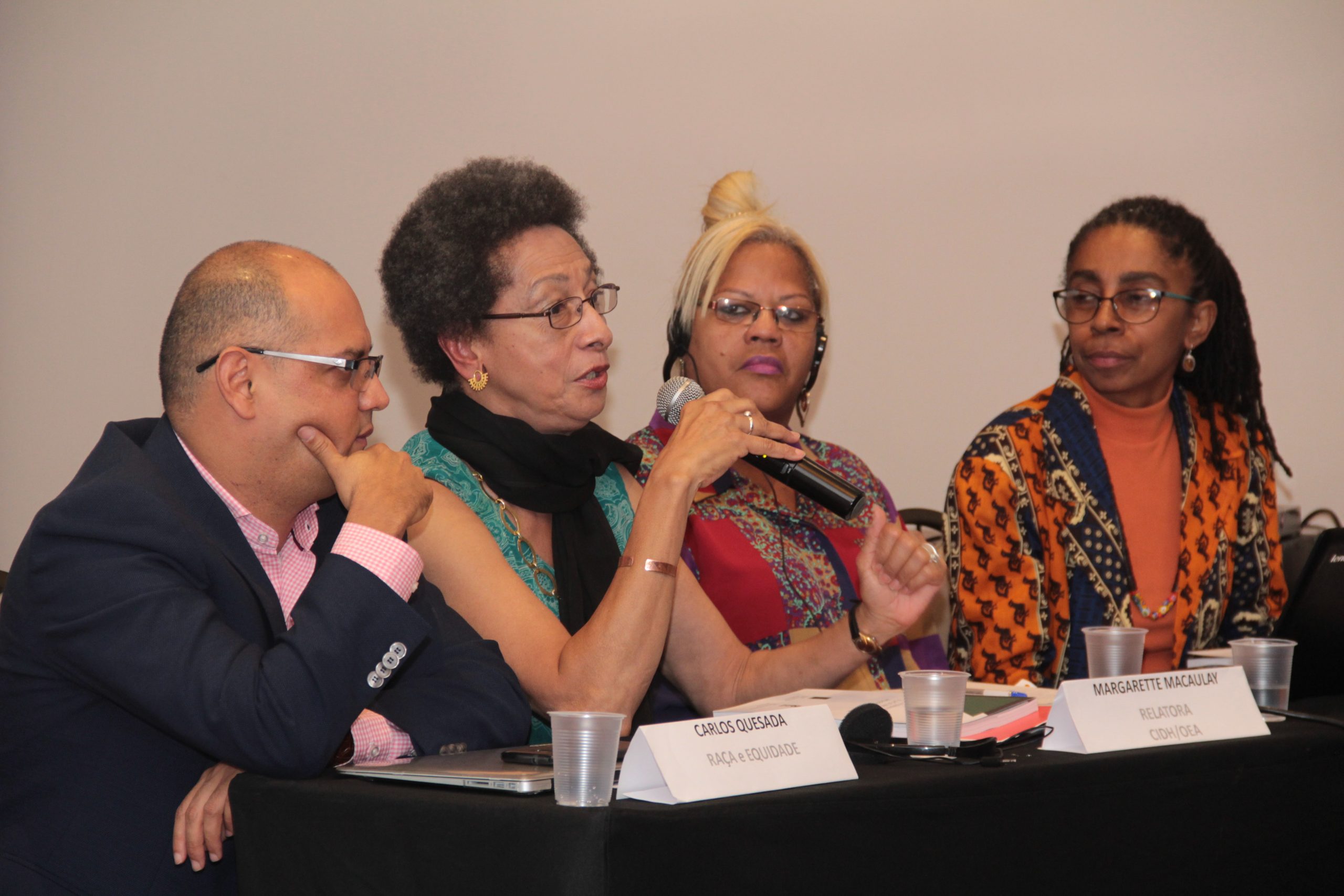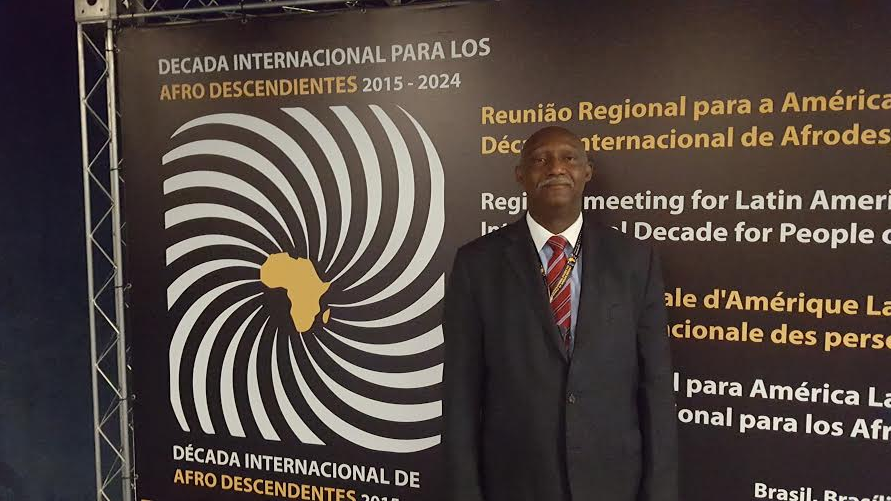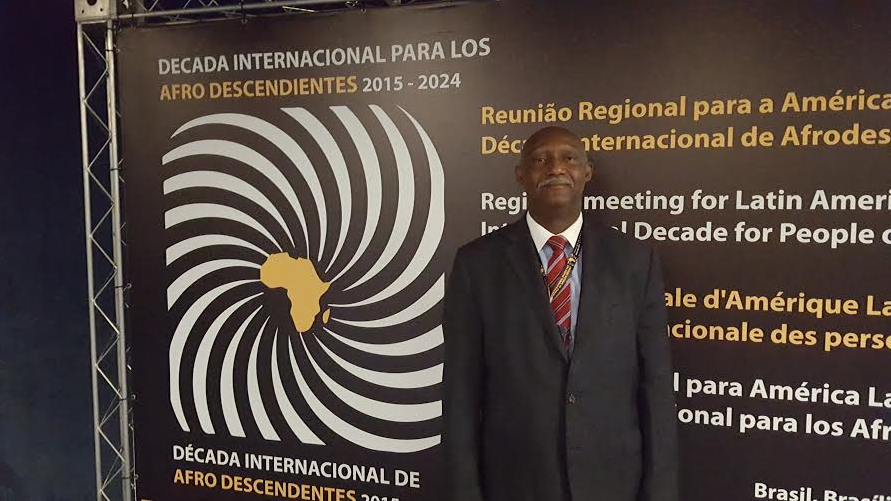We appreciate the Inter-American Court of Human Rights’ resolution requiring urgent measures for Lucía Pineda, Miguel Mora, and 15 other political prisoners
Washington, DC, May 22, 2019 – The President of the Inter-American Court of Human Rights, Eduardo Ferrer MacGregor, issued a resolution yesterday, May 21, requiring the State of Nicaragua to immediately adopt the necessary measures to effectively protect the health, life, and personal integrity of 17 persons who were imprisoned for having made use of their legitimate right to protest.
Among the beneficiaries of the provisional measures are journalists Miguel Mora Barberena, Director of 100% News Channel, and Lucía Pineda Ubau, Press Officer of 100% News Channel, both of whom are represented by the International Institute on Race, Equality, and Human Rights (Race & Equality), the Nicaraguan Human Rights Center (CENIDH), and Violeta Barrios de Chamorro Foundation (FVBCH).
Pineda Ubau, 45, was detained together with Miguel Mora, 55, on December 21, 2018. That day, several police patrols broke into the 100% News Channel television station’s facilities at night bearing arms. During the operation, they dismantled and removed journalistic equipment and illegally detained the journalists. The detention of the journalists was, according to the Inter-American Commission on Human Rights (IACHR) a consequence of “alleged reprisals for the exercise of their journalistic activity and the right to freedom of expression.”
Mora and his relatives had received precautionary measures from the IACHR just eight days prior to his detention, and currently he is detained in the La Modelo Prison, while Pineda received precautionary measures on February 22, 2019 and to date remains in the La Esperanza Women’s Prison. Both await an oral public trial for the crimes of inciting, proposing, and conspiring to commit terrorist acts.
The measures granted
The other beneficiaries are student Amayva Eva Coppens; the leaders of the Masaya April 19 Movement Cristhian Rodrigo Fajardo, Yubrank Miguel Suazo, and María Adilia Peralta; members of the Managua April 19 Movement Kevin Rodrigo Espinoza and Edwin José Carcache; campesino leaders Medardo Mairena Sequeira and Mario Lener Fonseca Díaz; university professor Ricardo Baltodano; businesswoman Irlanda Undina Jeréz; sisters Olesia Auxiliadora Muñoz Pavón and Tania Verónica Muñoz Pavón; and human rights defenders Jaime Ramon Ampié Toledo, Julio José Ampié Machado, and Reynaldo Lira Luquez.
The measures granted by the President of the Inter-American Court of Human Rights require the State of Nicaragua to immediately evaluate the granting of alternative measures to imprisonment for 12 of the beneficiaries, including journalists Miguel Mora and Lucía Pineda. Five of the beneficiaries of the measures were imprisoned May 20, 2019 and placed under house arrest.
In addition, they provide, following the acquiescence of the State, that a delegation of the Inter-American Court of Human Rights will visit the Esperanza Women’s Prison and La Modelo Men’s Prison to interview the beneficiaries and diverse State authorities. The Inter-American Court of Human Rights delegation will be comprised of its President, Vice President, another judge, the Secretary, and the Secretary’s staff.
In accordance with the provision of the President of the Inter-American Court of Human Rights, the State of Nicaragua must report no later than June 1 on the urgent measures it has adopted in order to comply with the resolution.
Our position
Race & Equality, CENIDH, and the Violeta Barrios de Chamorro Foundation, in our capacity as representatives of Miguel Mora Barberena and Lucía Pineda Ubau, embrace with hope the resolution issued by the President of the Inter-American Court of Human Rights regarding the 17 people imprisoned in Nicaragua who are in a state of extreme gravity and urgency and in need of preventing irreparable harm in the face of the continuous torture, assault, and ill treatment they receive from the authorities and prison officials.
We urge the State to immediately ensure compliance with the resolution issued yesterday by the President of the Inter-American Court of Human Rights, and that it fulfill its obligation to guarantee that the detained persons are in conditions compatible with the respect for their human dignity, their right to health, and their personal wellbeing. In addition, we expect the State of Nicaragua to guarantee the beneficiaries’ access to the visits of their relatives, lawyers, and doctors so their physical ailments can be duly addressed.
Signed:
International Institute on Race, Equality, and Human Rights (Race & Equality)
Nicaraguan Human Rights Center (CENIDH)
Violeta Barrios de Chamorro Foundation (FVBCH)


